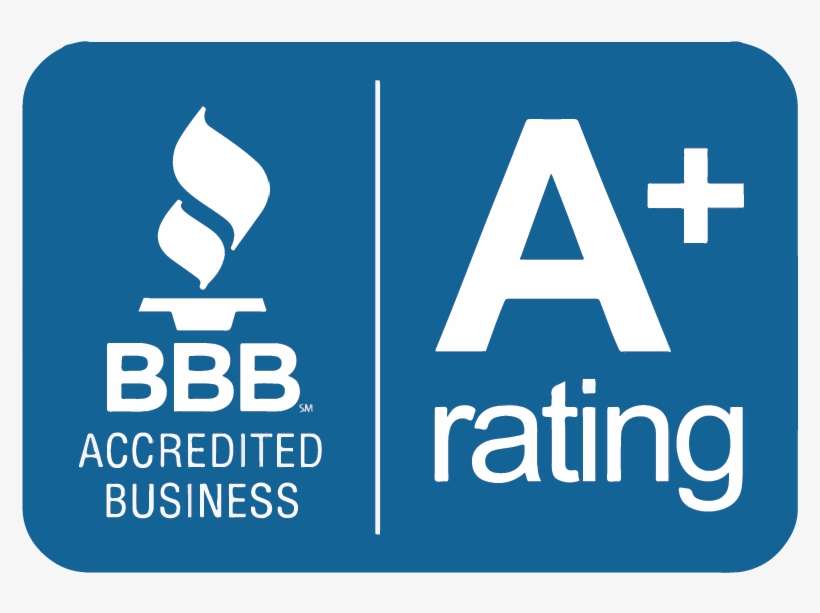Autism Test – Do I Have Autism?
Autism, also known as Autism Spectrum Disorder (ASD), is a developmental disorder that affects communication, behavior, and social interactions. Approximately 1 in 36 children in the United States is diagnosed with ASD, making it a common developmental disorder. If you suspect you or a loved one may have autism, understanding the signs and seeking a proper diagnosis is essential. This page will help you explore the indicators of autism, the process of testing, and the importance of early intervention.
Recognizing the signs of autism early can lead to timely interventions that significantly improve outcomes. Common indicators of autism include challenges with communication, difficulty understanding social cues, and repetitive behaviors. Early diagnosis and intervention are crucial as they enable access to specialized services and therapies that can enhance communication skills, social interactions, and adaptive behaviors. Our aim is to provide you with comprehensive information on the “do I have autism test” to guide you in taking the next steps towards diagnosis and treatment.
Test for Autism in Adults
This online screening is not a diagnostic tool. Only a trained medical professional, like a doctor or mental health professional, can help you determine the best treatment for you.
Understanding Autism
Autism is a spectrum disorder, meaning it manifests in a wide range of symptoms and severity levels. The term “spectrum” reflects the diversity of challenges and strengths found among individuals with autism. For instance, some people with autism may require significant support in their daily lives due to severe communication or behavioral challenges, while others may live independently with minimal assistance, often excelling in specific areas of interest. According to the National Autism Association, approximately 40% of children with autism do not speak, while 25%–30% have some words at 12 to 18 months of age and then lose them.
Recognizing the signs of autism early is crucial for improving outcomes. Early intervention can lead to significant improvements in communication, social skills, and adaptive behaviors. Common signs of autism include difficulty with communication, limited social interactions, and repetitive behaviors. By identifying these signs early and seeking professional evaluation, individuals can access specialized therapies and support services that cater to their unique needs, promoting better long-term outcomes.
Common Signs of Autism
Communication Challenges
Individuals with autism often experience communication challenges that can include delayed speech or language skills, difficulty starting or maintaining conversations, and unusual tone of voice or speech patterns. For example, a child with autism might not begin to speak as early as their peers or may struggle to sustain a back-and-forth conversation. According to a study published in 2022, about 25% of children with autism are minimally verbal, meaning they use few words to communicate.
Social Interaction Difficulties
Social interaction difficulties are another hallmark of autism. These can manifest as limited eye contact, difficulty understanding social cues, and a preference for solitary activities over group interactions. Children with autism might find it hard to interpret facial expressions or body language, making social interactions more challenging.
Behavioral Patterns
Behavioral patterns in individuals with autism often include repetitive movements or behaviors, such as rocking or hand-flapping. Additionally, they might have intense interests in specific topics or activities, known as autism fixations. Sensitivity to sensory stimuli, such as lights, sounds, or textures, is also common. These behaviors and sensitivities can significantly impact daily functioning and require tailored strategies for management.
Autism affects the brain’s development in areas responsible for social interaction, communication, and behavior regulation. Research has shown differences in brain structure and connectivity in individuals with autism. These differences contribute to the unique challenges faced by those on the autism spectrum.
The Importance of Early Diagnosis
Early diagnosis of autism is essential for accessing the appropriate interventions and support services that can significantly improve the lives of individuals with autism. Identifying autism at a young age allows for the implementation of tailored interventions that address specific developmental needs. These interventions can enhance communication skills, social interactions, and adaptive behaviors, improving outcomes.
Early diagnosis also helps families understand their child’s unique challenges and strengths, enabling them to provide the necessary support and resources. By recognizing and addressing autism early, families can work with professionals to create effective treatment plans that promote developmental progress and overall well-being. This proactive approach not only improves the quality of life for individuals with autism but also empowers families to navigate the journey with greater confidence and knowledge.
Why Get Tested?
- Access to Resources: A formal diagnosis opens doors to specialized services, therapies, and educational programs.
- Personal Understanding: Knowing the diagnosis can help individuals and families understand the reasons behind certain behaviors and challenges.
- Tailored Interventions: Early intervention programs can be more effective when tailored to the individual’s specific needs.
While online autism tests can offer a preliminary insight into whether someone might have autism, they are not a substitute for a professional evaluation. Online tests typically consist of a series of questions about behaviors and symptoms commonly associated with autism. These tests can help you decide whether to seek a formal assessment.
What to Expect During an Autism Evaluation
An autism evaluation is a thorough process involving multiple steps to ensure an accurate diagnosis. Here’s what you can expect:
- Initial Consultation: The process begins with an initial consultation where you discuss concerns with a healthcare professional. This consultation helps determine whether further evaluation is needed.
- Detailed History: The evaluator will gather a detailed history of the individual’s development, behavior, and medical background. This may involve interviews with parents, caregivers, or teachers.
- Behavioral Observations: The individual will be observed in various settings to assess social interactions, communication skills, and repetitive behaviors.
- Standardized Tests: Standardized tests such as the ADOS and ADI-R will be administered to evaluate autism-specific behaviors and developmental milestones.
- Feedback and Diagnosis: After completing the assessment, the evaluator will provide feedback and discuss the diagnosis. A comprehensive report will outline the findings and recommendations for intervention and support.
Interventions and Treatments for Autism
Once diagnosed, individuals with autism can benefit from various interventions and treatments tailored to their needs. Early and appropriate interventions can lead to significant improvements in communication, social skills, and adaptive behaviors.
Behavioral Therapy
Behavioral therapies, such as Applied Behavior Analysis (ABA), are widely used to teach new skills and reduce challenging behaviors. ABA focuses on reinforcing positive behaviors through structured interventions.
Speech and Language Therapy
Speech therapy helps individuals with autism improve their communication skills. This therapy can address challenges with speech, language, and social communication.
Occupational Therapy
Occupational therapy assists individuals in developing skills needed for daily living, such as fine motor skills, sensory processing, and self-care.
Social Skills Training
Social skills training programs teach individuals with autism how to interact appropriately with others, understand social cues, and build relationships.
Medication
In some cases, medication may be prescribed to manage symptoms associated with autism, such as anxiety, depression, or hyperactivity. Medication is often used in combination with other therapies.
Diet and Nutrition
Proper diet and nutrition play a crucial role in overall well-being. Some individuals with autism may have specific dietary needs or sensitivities that require attention.
Autism Treatment at Acera Health
At Acera Health, we provide comprehensive autism treatment programs tailored to the unique needs of each individual. Our multidisciplinary team of professionals offers a range of services, including:
Behavioral Therapy: Personalized ABA programs to address specific behavioral challenges and skill development.
Speech and Language Therapy: Specialized interventions to enhance communication abilities.
Occupational Therapy: Support for developing essential life skills and managing sensory processing issues.
Social Skills Training: Programs designed to improve social interactions and build meaningful relationships.
Medication Management: Careful monitoring and management of medications to address co-occurring conditions.
Many individuals with autism have intense interests or fixations on specific topics or activities. These fixations can be a source of comfort and enjoyment, but they may also interfere with daily functioning. Our team works with individuals to balance their interests with other aspects of their lives.
Avoidant/Restrictive Food Intake Disorder (ARFID) is a condition that often co-occurs with autism. It involves extreme picky eating or food aversion that can lead to nutritional deficiencies. Our comprehensive treatment approach includes dietary assessments and interventions to ensure individuals receive balanced nutrition. If you or a loved one are experiencing symptoms of autism and are considering getting tested, Acera Health is here to help. Our experienced professionals are dedicated to providing compassionate and effective care tailored to your needs.
Recognizing the signs of autism and seeking a formal diagnosis is the first step towards accessing the necessary support and interventions. With the right resources and professional guidance, individuals with autism can lead fulfilling and meaningful lives. At Acera Health, we are committed to providing comprehensive care and support for individuals with autism and their families. If you are asking, “Do I have autism?” take the first step by reaching out to us today.







